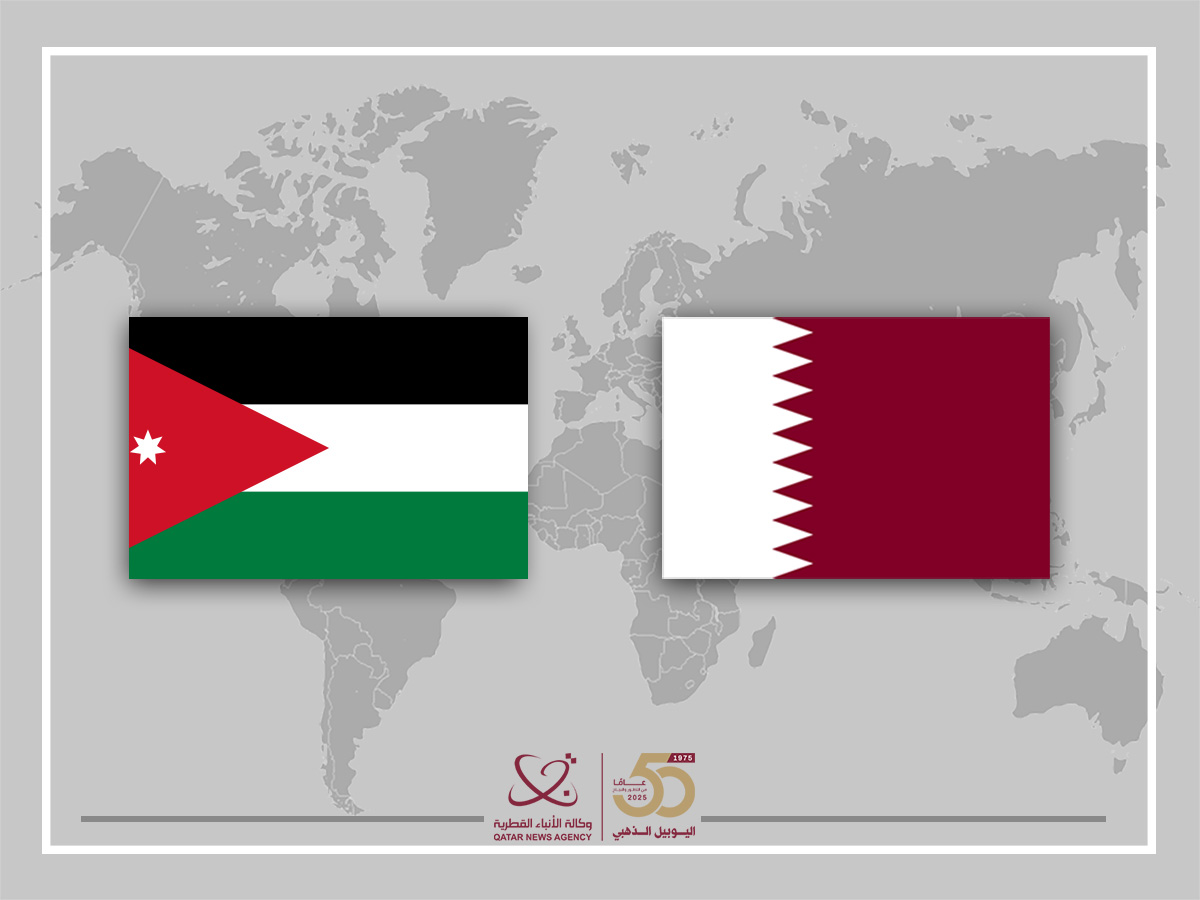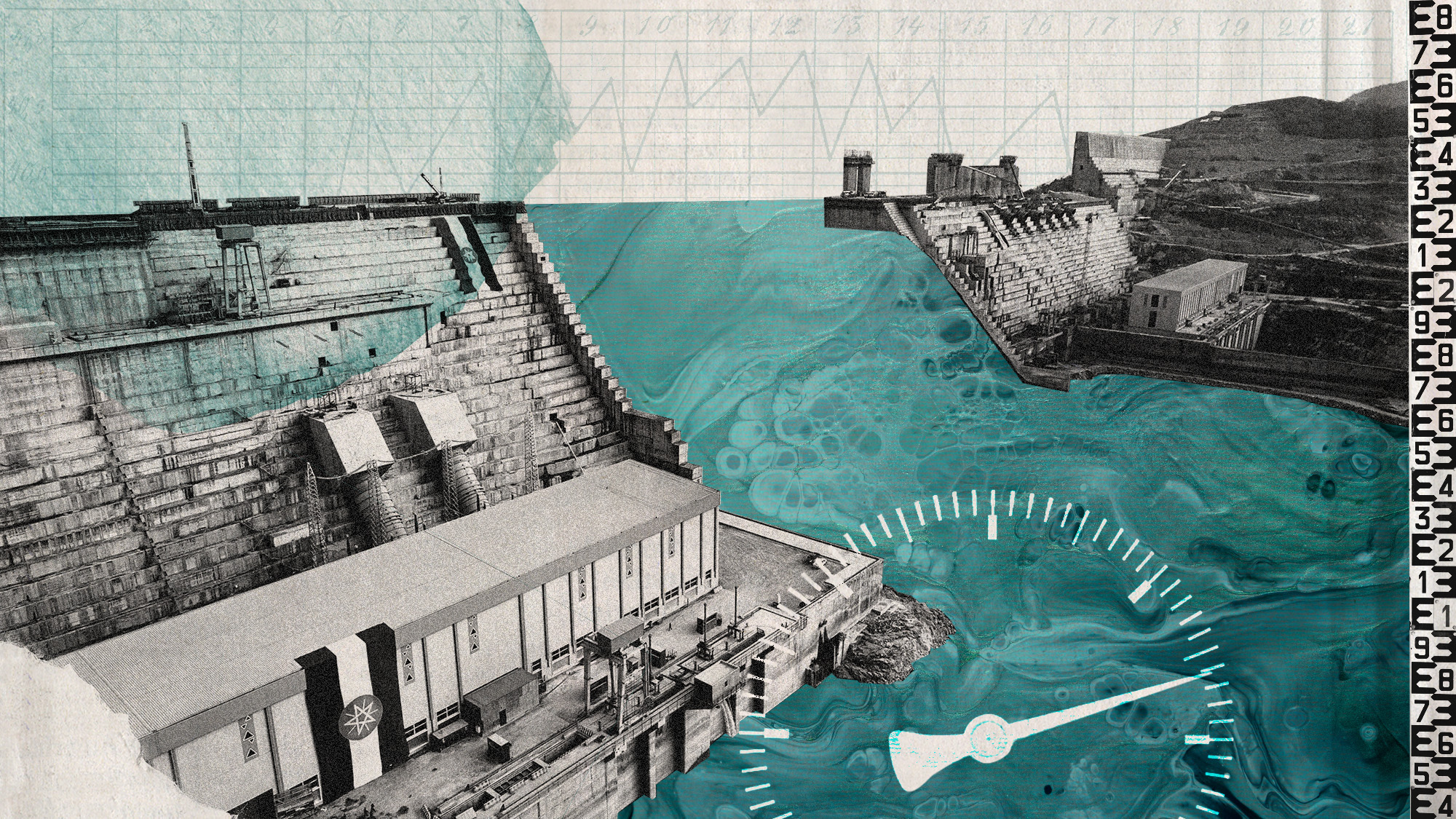
Doha September 17 (QNA) – Bilateral relations between the State of Qatar and the Hashemite Kingdom of Jordan are deep-rooted across all levels, including the cultural field, which represents a model of cooperation between the two countries, given their strong historical ties.
Cultural cooperation is reinforced by the alignment of political visions between the two countries, offering an exceptional model of bilateral relations, particularly in the cultural sphere, placing the two countries at the forefront of influence both regionally and internationally.
Relations between the State of Qatar and the Hashemite Kingdom of Jordan are based on integration and mutual respect, thanks to the wisdom of the two leaderships and their shared visions, which contribute to enriching the cultural landscape and strengthening the Arab cultural identity.
Cooperation between the two countries has been strengthened by the recent signing of a number of agreements and partnerships, which have contributed to advancing bilateral cultural relations to broader horizons.
During this year, the State of Qatar and Jordan signed a cultural cooperation agreement that includes coordination and joint exchange in all cultural and artistic affairs between the two countries.
The agreement was signed on the Qatari side by HE Ambassador of the State of Qatar to the Hashemite Kingdom of Jordan Sheikh Saud bin Nasser bin Jassim Al-Thani, while it was signed on the Jordanian side by HE Minister of Culture Ali Al Ayed.
The agreement aims to deepen fraternal relations and cooperation to serve the interests of the two brotherly countries, enhancing their bonds in joint Arab action.
Historically, the first cultural cooperation agreement between the two brotherly countries was established in 1972, followed by an executive program for cultural cooperation for the years 1995-1997, signed in 1994, and in June 2021, a new cultural cooperation agreement was signed to deepen the bonds of cultural and artistic cooperation. Cooperation between the national libraries of the two countries is no less important than other cultural tributaries.
The most prominent forms of this cooperation include the exchange of manuscripts, publications, and scientific information, the restoration of manuscripts, joint library training, the participation of Jordanian publishing houses in the Doha International Book Fair (DIBF), and Qatari participation in the Amman International Book Fair, where the State of Qatar was the guest of honor at the 22nd edition of the Amman International Book Fair.
The State of Qatar showcased its distinguished presence at the exhibition through a rich and diverse cultural program that reflects the excellence of the Qatari cultural scene, offering the exhibition’s audience an opportunity to explore its most prominent features, as it represents a new chapter in the cultural relations between the two brotherly countries, particularly the ties that connect Jordanian publishers with Qatari cultural institutions concerned with publishing and distribution.
It also highlights their joint work through the International Publishers Association (IPA) and the Arab Publishers Association (APA), in which Jordan holds impotant positions.
The Ministry of Culture also participated in the 37th edition of Jordan’s Jerash Festival of Culture and Arts, where its pavilion attracted a large turnout from the Jordanian public and festival visitors of various nationalities who came to learn about the various aspects of authentic Qatari culture and heritage, as part of the Ministry’s commitment to introducing the world to Qatar’s rich heritage through participation in international events and festivals.
Jordanian intellectuals and writers have received the lion’s share of Qatari literary awards, including the Katara Prize for Arabic Novel and the State Prize for Children’s Literature, over multiple editions.
Furthermore, over the years, the two sides have exchanged artistic performances, including theater and musical concerts, during major events such as the selection of Doha as the Arab Capital of Culture in 2010, Doha as the Capital of Culture in the Islamic World 2021, and Irbid as the Arab capital of culture for 2022. In addition, a number of popular bands have been hosted to perform at the Souq Waif Spring Festival. (QNA)



